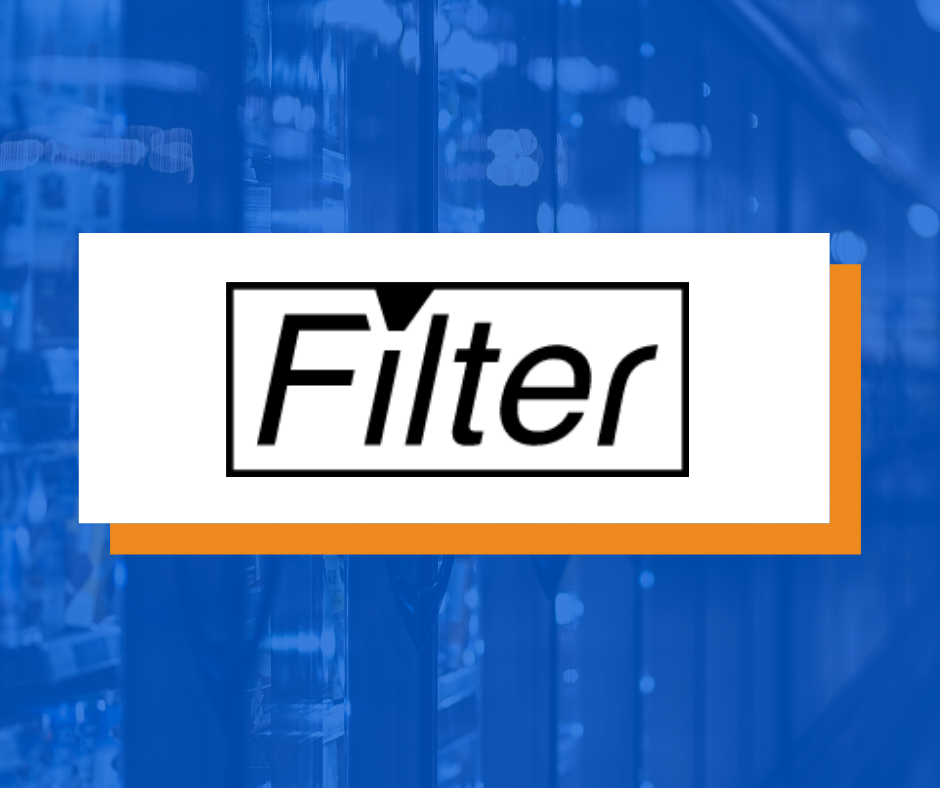Taiwan looks set to become the next country in Asia to ban nicotine vaping products.
On January 12, amendments to the Tobacco Hazards Prevention Act effectively cleared the legislative floor. Now, the legislation only awaits a presidential nod—a formality given that President Tsai Ing-wen is from the ruling Democratic Progressive Party that proposed it.
The news, which arrives not long after the Philippines enacted relatively pro-vape regulations, has elicited strong reactions from consumers, policy experts and medical experts, who had some hopes that the tide might be turning in favor of tobacco harm reduction (THR).
Taiwan appears to be emulating regulations in nearby Japan, where heated tobacco products (HTPs) are sold legally but nicotine vapes are prohibited. The availability of HTPs in Japan has seen a dramatic reduction in cigarette sales. But THR advocates will wonder why an option indicated to have an even lower risk profile—and shown to be a more effective smoking cessation aid than nicotine replacement therapy—is about to become formally illegal. Other Asian countries to have banned vapes include India and Thailand.
In Taiwan’s strained governmental nomenclature, HTPs have been classified “designated tobacco products” and are subject to regulation, while vaping devices have been accorded the category of “tobacco-like products.” The imminent ban includes use of e-cigarettes, with penalties of up to $330 for violations. (Previously, vapes had existed in something of a legal gray area.)
This has ignited debate in Taiwan, a country of 24 million where 13 percent of the population smokes, including almost a quarter of men. While millions of upset vape users have been left in the lurch, anti-tobacco groups are meanwhile demanding HTPs be banned too. The law, which will likely come into effect in a month after the presidential assent, will inevitably force vape shops to close and a rapidly growing industry to shutter or go underground.
While it’s difficult to deduce the motivations for the legislative decision, Taiwan policy experts and vape users point to a combination of misinformation, financial considerations trumping public health, and the positions taken by World Health Organization’s Framework Convention for Tobacco Control (WHO FCTC) on novel nicotine alternatives.
“The issue did not have enough public discussion and the approach to harm reduction should be more thoroughly debated,” Simon Lee, the Taiwan policy fellow at Consumer Choice Center, a global consumer advocacy group in Washington, told Filter. “For instance, we have seen misinformation, especially with regard to nicotine, circulating among anti-tobacco activists. It is beyond reasonable doubt that Taiwan’s consumers deserve a much better outcome.”
Read the full text here



